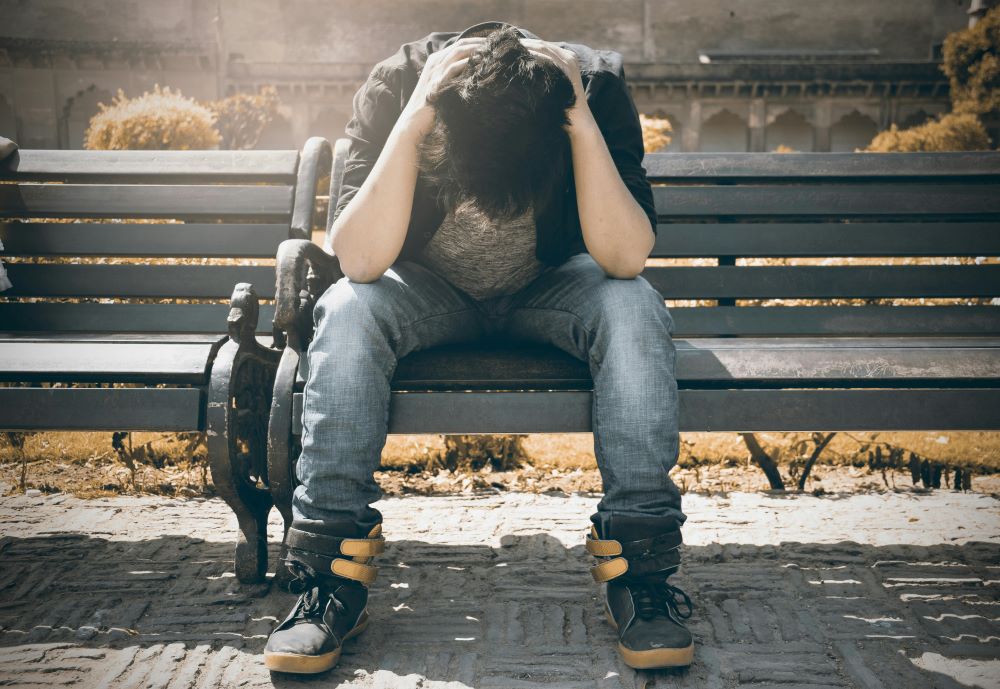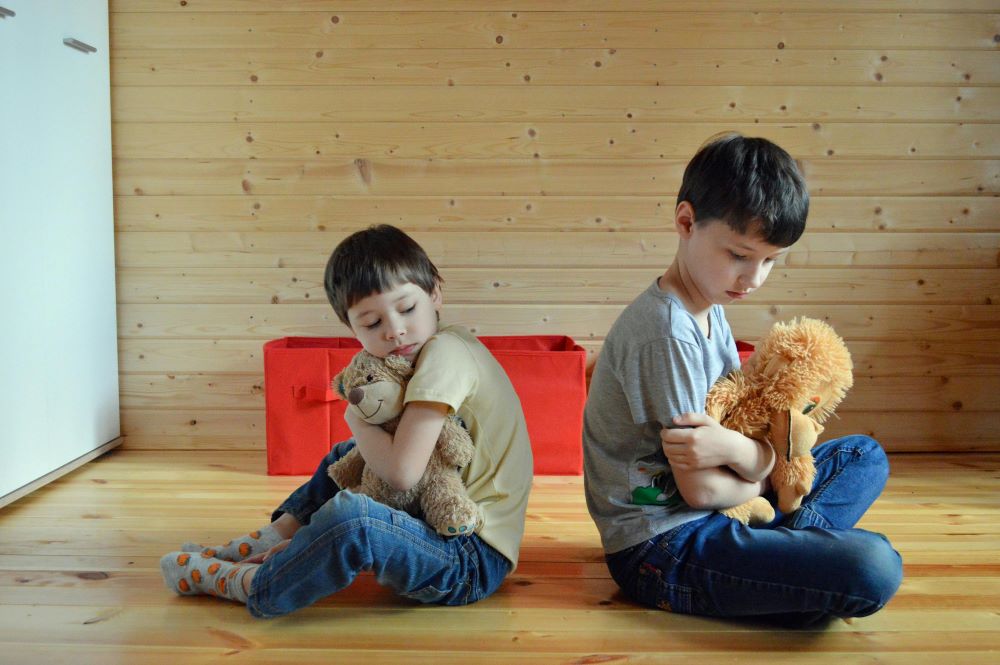Societal norms and expectations continue to play a significant role in boys being fearful of discussing their mental health struggles.
As society becomes increasingly aware of the importance of mental health, a concerning trend has emerged: teenage boys are becoming less visible in mental health care discussions and statistics. This trend indicates that many young men grappling with depression and anxiety remain undetected and, consequently, without necessary support. Research and expert opinions reveal that the mental health struggles of teen boys are often overlooked because their symptoms don’t conform to the traditional indicators of depression, which are more commonly recognized in girls. Instead of exhibiting sadness or withdrawal, boys may display irritability, aggression, or a tendency to take risks, misleading caregivers and professionals to underestimate the severity of their mental health challenges.
A study published in the journal Pediatrics highlighted a striking discrepancy: while antidepressant prescriptions for teenage girls have surged, the rate for boys dropped significantly during the early months of the COVID-19 pandemic and failed to rebound. This decline puzzled researchers, as it contradicted the expected trends given the universal increase in mental health issues during the pandemic. Dr. Kao-Ping Chua, who led the study, suggested that teen boys might have disengaged from the healthcare system altogether during this time, leading to an under-detection of their mental health needs.
The failure to recognize and address depression in teen boys can have far-reaching consequences. Experts stress that the conventional understanding of depression as characterized by sadness and tears does not apply universally, particularly not to young males. For boys, depression might manifest through a “shorter fuse,” impulsiveness, or argumentativeness, challenging the stereotype of the moody teenager and indicating deeper issues.

Societal norms and expectations play a significant role in this dynamic. The perception that teenage irritability is a normal phase rather than a potential sign of mental distress prevents many from receiving the help they need. This issue is compounded by a lack of awareness and understanding among parents, teachers, and even healthcare professionals about how depression can present differently in males.
During the pandemic, the shift to remote learning and the suspension of extracurricular activities led to a decrease in referrals for mental health support for boys. Educators and coaches, often the first to notice changes in a child’s behavior, found themselves distanced from their students, reducing the opportunities to identify and address mental health concerns.
For parents and caregivers, recognizing the importance of providing a supportive environment where boys feel comfortable expressing their emotions is crucial. Encouraging physical activity and providing outlets for stress, such as sports or gaming, can also play a significant role in managing anxiety and depression.
The experiences of young men like Noah Power, who has been dealing with anxiety and depression since he was twelve, underscore the diversity of coping mechanisms that individuals may employ. From running to online gaming, these activities provide vital channels for expressing and managing emotions, highlighting the need for understanding and support tailored to boys’ unique experiences.
As society continues to grapple with the complexities of mental health, it becomes increasingly important to challenge our preconceptions and ensure that all young people, regardless of gender, have access to the care and support they need. Recognizing the nuanced ways in which depression can manifest in boys is a critical step toward addressing this hidden crisis and ensuring that no child is left to struggle in silence.
Sources:
‘Boys are disappearing’ from mental health care, as signs of depression often go undetected
Antidepressant Dispensing to US Adolescents and Young Adults: 2016–2022


Join the conversation!